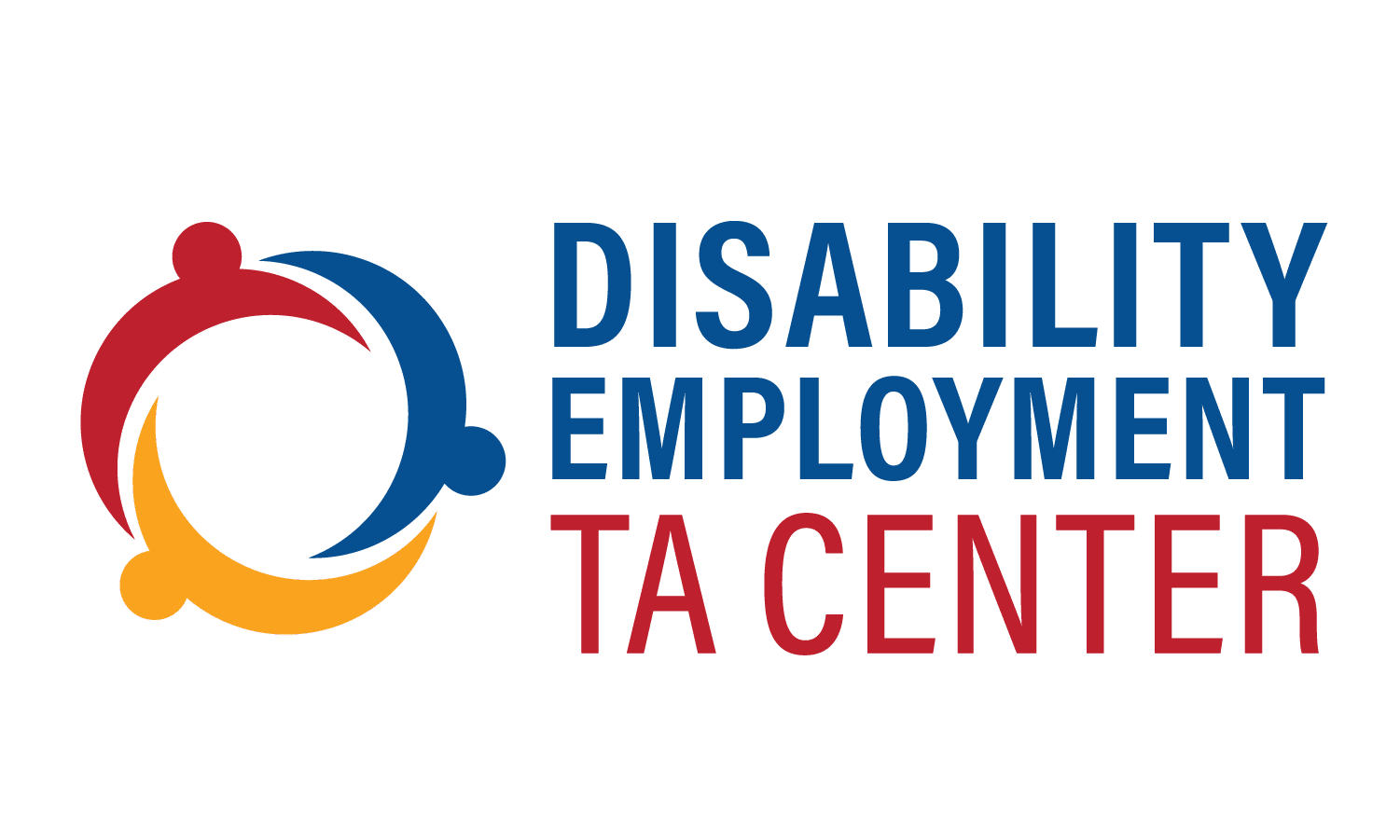On July 26th, 2022, we will celebrate 32 years of the Americans with Disabilities Act (ADA) law that was signed by George HW. Bush in 1990. As we take time to reflect on the passing of the ADA, we must remain vigilant during these times at any attempts to weaken this historic law. In addition, as we enter the third year of the pandemic, we should be encouraged to incorporate the lessons learned to create a future of work that is accommodating to the growing needs of people with disabilities. This is causing workforce shortages in many career sectors such as the shortage of Direct Support Professionals in the field.
As we look to the new normal that will emerge, it is important that working from home become part of the menu of options when employing people with disabilities. Working from home gives people with disabilities the opportunity to be part of the workforce while not having to worry about transportation barriers or the risk of getting sick with illnesses like COVID. We must adopt inclusive working policies to provide employees with the option to have a flexible work schedule. People with disabilities are a major untapped talent pool that employers must invest in hiring and retaining given that we are some of the hardest workers you will find. In addition, by hiring people with disabilities and embracing flexible workplace accommodations it can boost company morale, lead to increased profits, and save money in hiring and training costs.
Moving forward the time is now to create a world where people with disabilities can be included and foster a sense of belonging in the world of work. We must use the lessons learned from this COVID crisis to make positive changes to the world of employment and community living for all people with disabilities.
Tips for Employers in Hiring and Providing Accommodations to Workers with Disabilities:
- Make job applications in accessible formats, in plain language, and in easy to navigate platforms.
- Adopt flexible work arrangement policies to allow people with disabilities the choice to work from home. COVID is still in full force and we should not be rushing people back to offices especially high risk populations.
- Embrace job sharing and flexible scheduling to allow us to work and manage medical appointments. Be mindful that not everyone can work 40 hours per week at eight hours per day.
- Offer benefits that allow for reimbursement of work from home technology, internet, and phone costs. It is also good to offer reimbursement for expenses like alternative medicine and therapy that is often not covered by private insurance or Medicaid.
- Develop programs to pay and support access to job coaching support for people with Autism and other significant disabilities. Especially those who do qualify or are on waiting lists for Home and Community Based long-term services and supports.
- In the area of supporting workers on public benefits it is especially important to take advantage of work incentives that can help people with disabilities work.
- Offer assistance with transit and provide reimbursement upfront when it comes to work travel assignments.
- Offer options to contribute to ABLE Accounts in lieu of offering a typical 401K, 403B retirement plan options.
- Contract with Centers for Independent Living, advocates, and other allies for disability awareness training.

